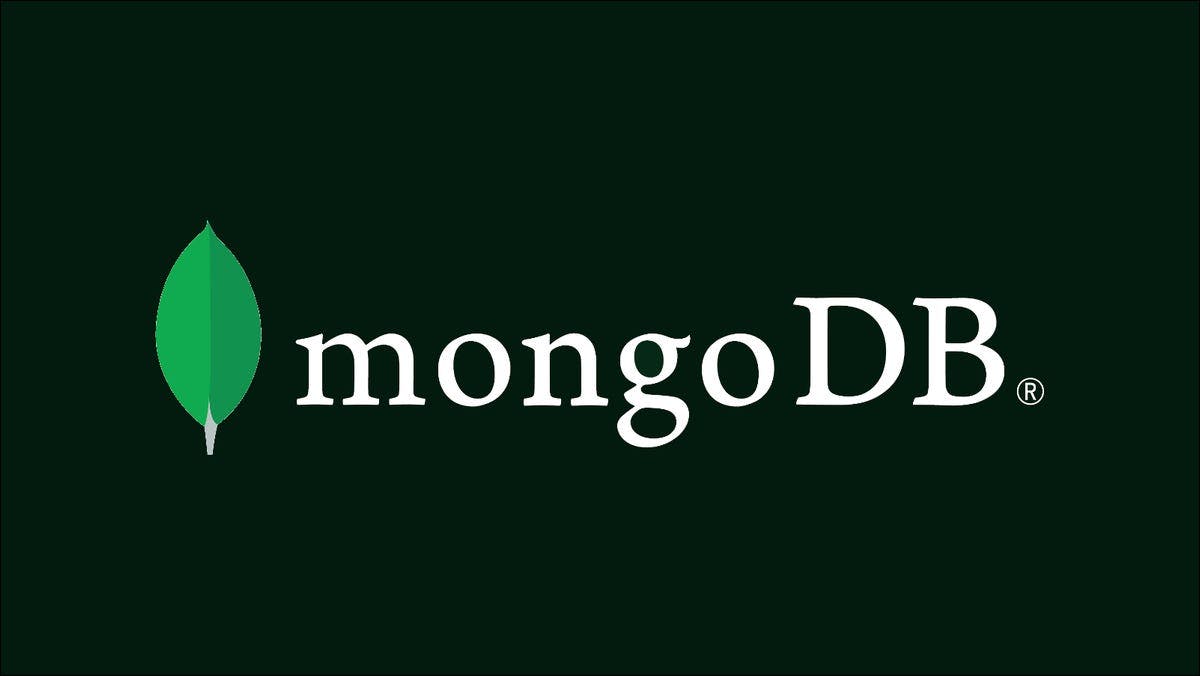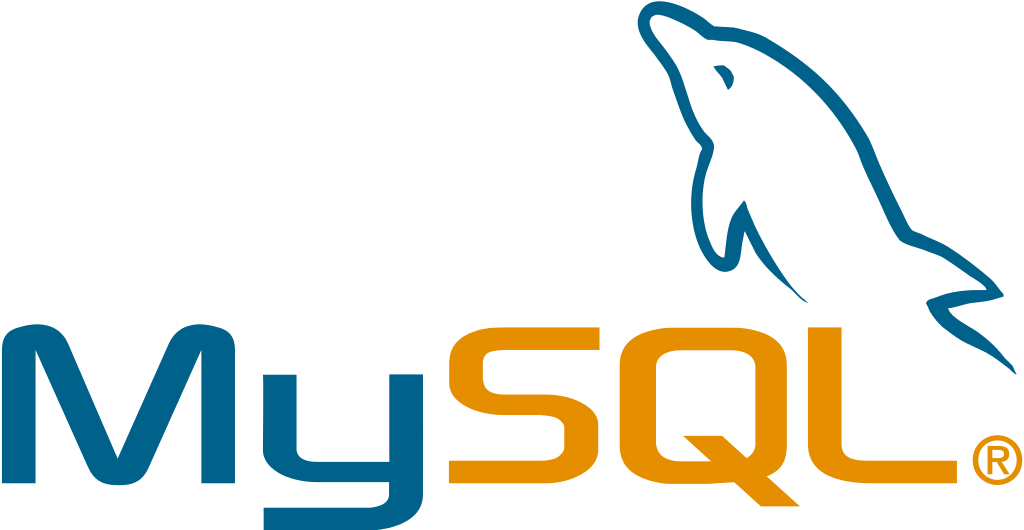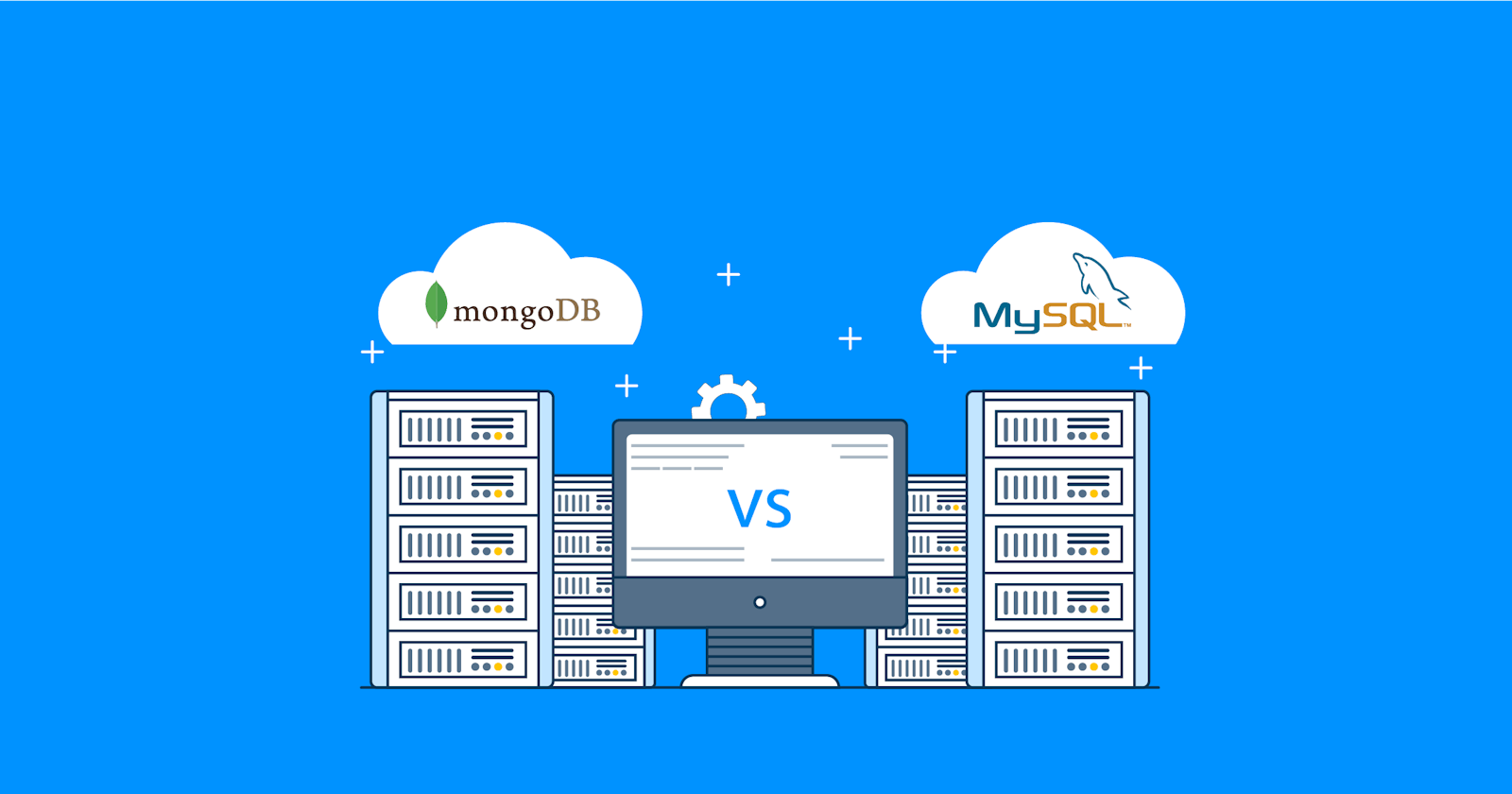MongoDB and MySQL display two different sides of a coin that has been running lately regarding data storage. It is the relatively fresh non-relational or NoSQL database against the tried and tested relational database. However, these two open-source products are shared under a version of the GNU GPL and are also easily available as commercial versions providing several other features and corporate support. Here, you will learn about which is better MongoDB or MySQL .
MongoDB
 MongoDB is a popular open-source NoSQL database that uses the defined concept of key-value pairs known as a document store. Here, the document stores are set up and stored as BSON files, which are somewhere an altered version of JSON documents. It has certain things to offer and some of them are high performance for circumstances including high write loads. One thing to worry about MongoDB is that, unlike relational MySQL, it does not deliver a simple route to join tables. Besides, it provides an inelegant solution to it with multi-dimensional data types where you can just embed a single document store inside another.
MongoDB is a popular open-source NoSQL database that uses the defined concept of key-value pairs known as a document store. Here, the document stores are set up and stored as BSON files, which are somewhere an altered version of JSON documents. It has certain things to offer and some of them are high performance for circumstances including high write loads. One thing to worry about MongoDB is that, unlike relational MySQL, it does not deliver a simple route to join tables. Besides, it provides an inelegant solution to it with multi-dimensional data types where you can just embed a single document store inside another.
For example, you can embed the customer account document involving ("Customer_accounttype: Current", "Customer balance: $28,400") document in the customer data document ("Customer name: Avy Williams, "Customer_gender: M"). So, this way you can easily retrieve the data regarding the customer and his bank balance.
MySQL
 MySQL is a well-known relational database mainly built by MySQL AB now held by Oracle. Here's a doubt for us all that why Oracle would purchase a competitor and didn't thought of killing it. It was competing well with Oracle's own database product. Basically, these two operate in two distinct spaces.
MySQL is a well-known relational database mainly built by MySQL AB now held by Oracle. Here's a doubt for us all that why Oracle would purchase a competitor and didn't thought of killing it. It was competing well with Oracle's own database product. Basically, these two operate in two distinct spaces.
MySQL is employed to store data for various web-based applications. It is a part of the famous LAMP stack (Apache, MySQL, Python, Linux, PHP, Perl). While, Oracle DB tries to store data in some hefty enterprise scenarios. We cannot say that MySQL cannot do the same thing and cannot support hefty enterprise databases or Oracle DB cannot support web applications. But, only a few customers are into it and use them this particular way. The direct competitors of MySQL would be open-source SQL database systems such as MariaDB, PostgreSQL, and SQLite.
MySQL system works with no GUI tools but only a set of CLI's. They have this official set of front-end tools known as MySQL Workbench which is readily available from Oracle Corporation. However, MySQL operates on all hefty operating systems like Windows, Linux, OS X, OS/2, and several other flavors of Unix. Moreover, it also runs on Symbian for mobile computing apps. MySQL has lately added several features so that it is now a complete-featured RDBMS. Additionally, if we talk about the standard features like indexes, tables, stored methods, it has a lot to deliver like triggers, cursors, updatable views, query caching, partitioned tables, and clustering.
There's a unique characteristic of MySQL that you can easily swap out the storage engine and employ another one more suitable to a specific application. The most suitable storage engines are Archive, InnoDB, MyISAM, CSV, Blackhole, MySQL Federated, NDB Cluster. For instance, the MySQL Federated engine provides you the utmost flexibility to access remotely-stored data tables as if they were local.
MySQL employs a relational database schema, so the cons of it are similar to those that normally affect relational databases. However, horizontal scaling is not that simple, and high transactional loads badly impact its performance. You will find replication and clustering features along with the creative MySQL fabric to perfectly apply and cannot completely compensate for the basic design issue of relational databases.
Which Is Appropriate For Your Business?
While the ubiquity of these popular database systems at several tech-based companies handling hefty tech deployments shows us that they are equally capable and perform their best at it. MongoDB has done a splendid job when it comes to scaling with a native horizontal scaling architecture with simple sharding.
Suppose your application calls for a flexible schema and you certainly wish the open-ended development approach where you can simply store unstructured data sets at will, MongoDB has a role to play with the stronger solution that you require. It will also stand out for high availability and faster recovery. MySQL stands out in another way for its greater ability to best handle a high transaction rate and make sure its data is consistent. However, it has a privilege-based and reliable security model. Being the most perfect fit when you have a stable and fixed schema.
So, MySQL has plenty of resources readily available for many deep aspects of the DBMS. It's a popular system that has been tested several times in a broad variety of industries. MongoDB has been adopted widely by people and it refers that the NoSQL approach is frequently as compelling, if not that much, a choice for fresh projects going forward.
Wrapping Up
The MySQL v/s MongoDB is just a relational versus NoSQL argument. These both excel in some scenarios and are ill-suited for one another. Due to their distinctive structures, each of them has features not found in the other.
